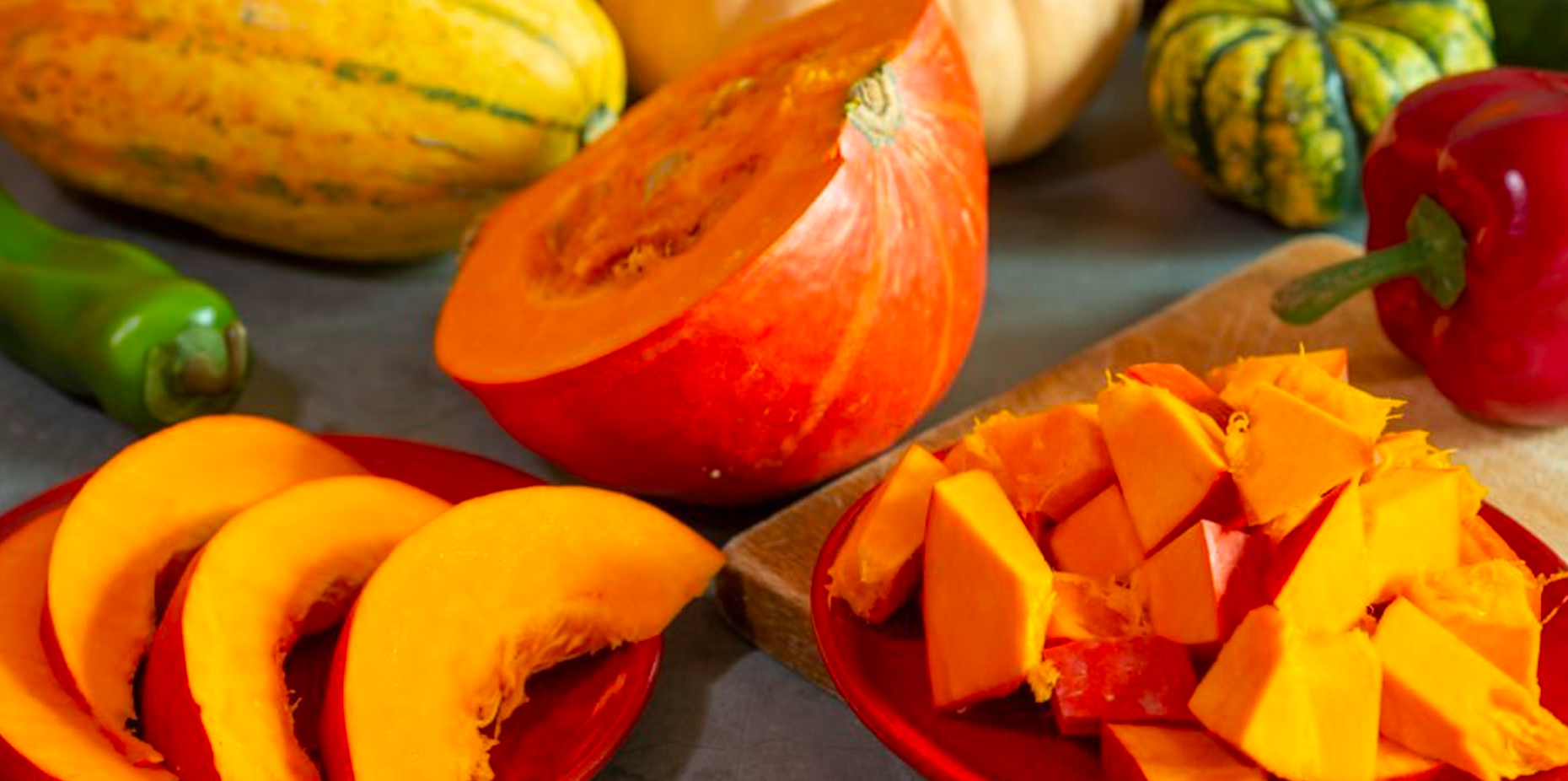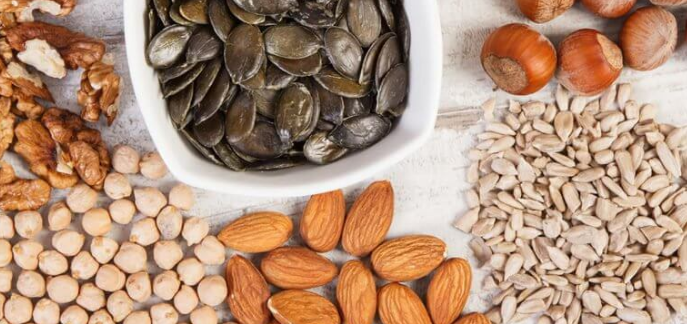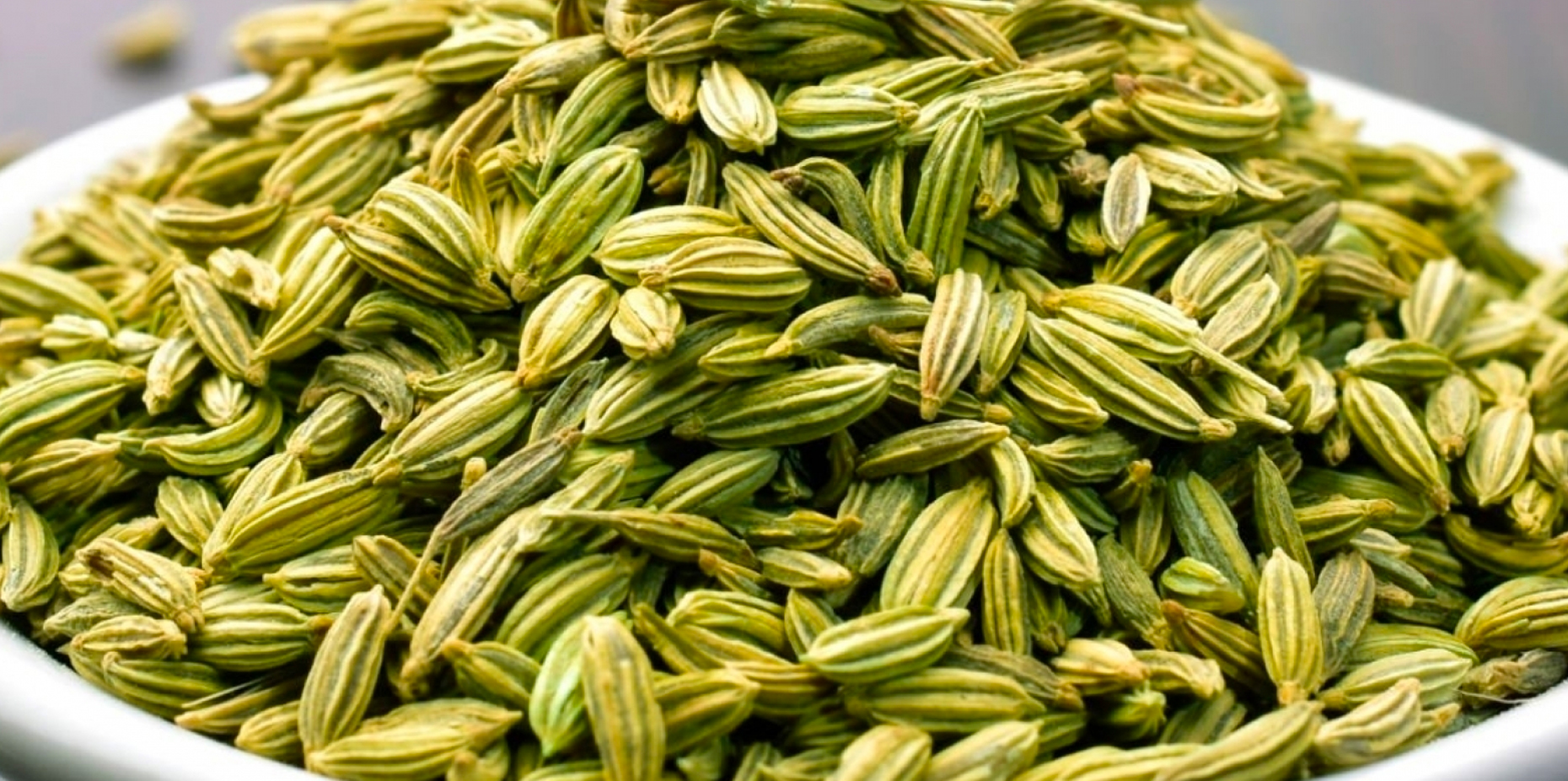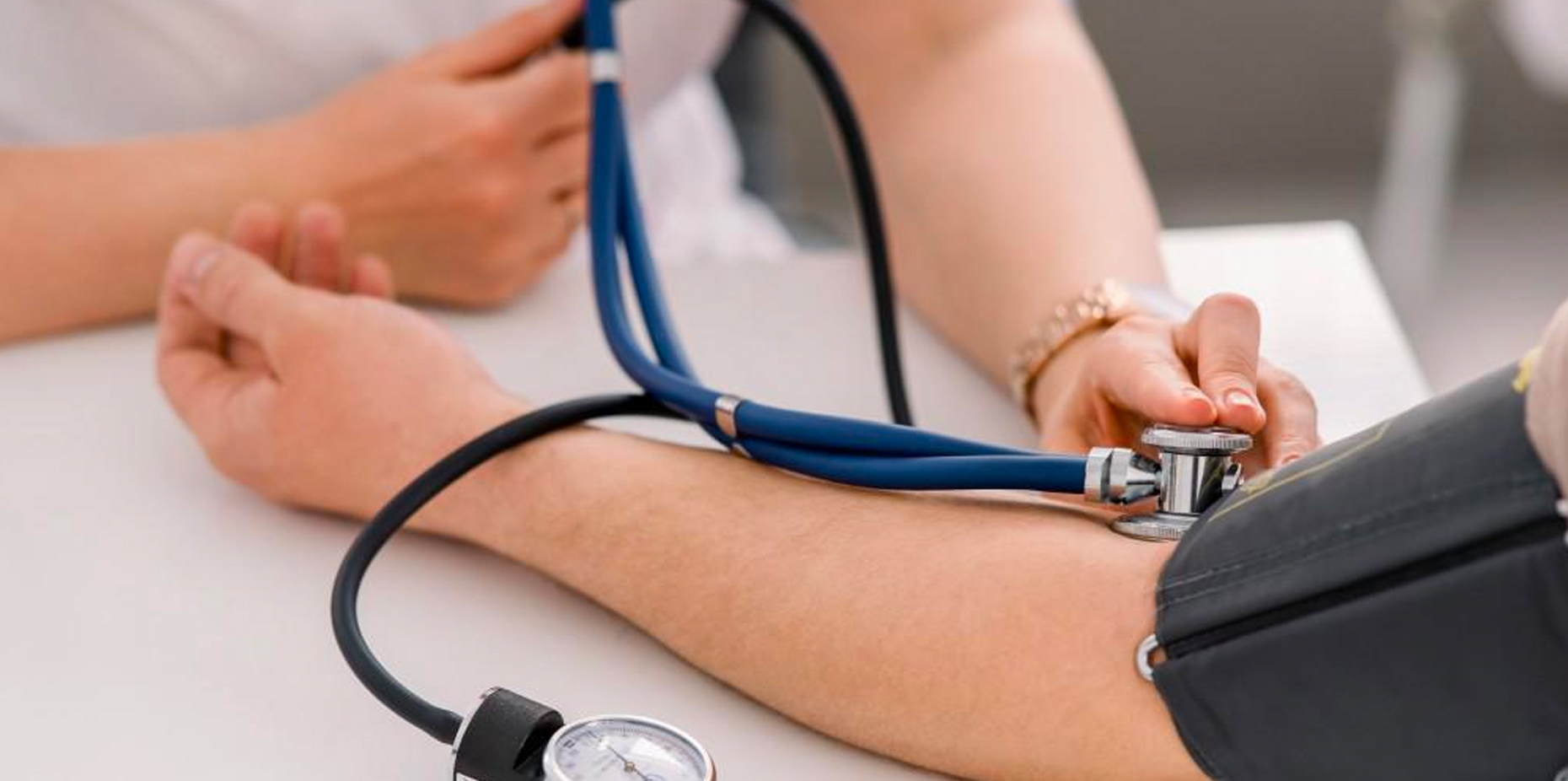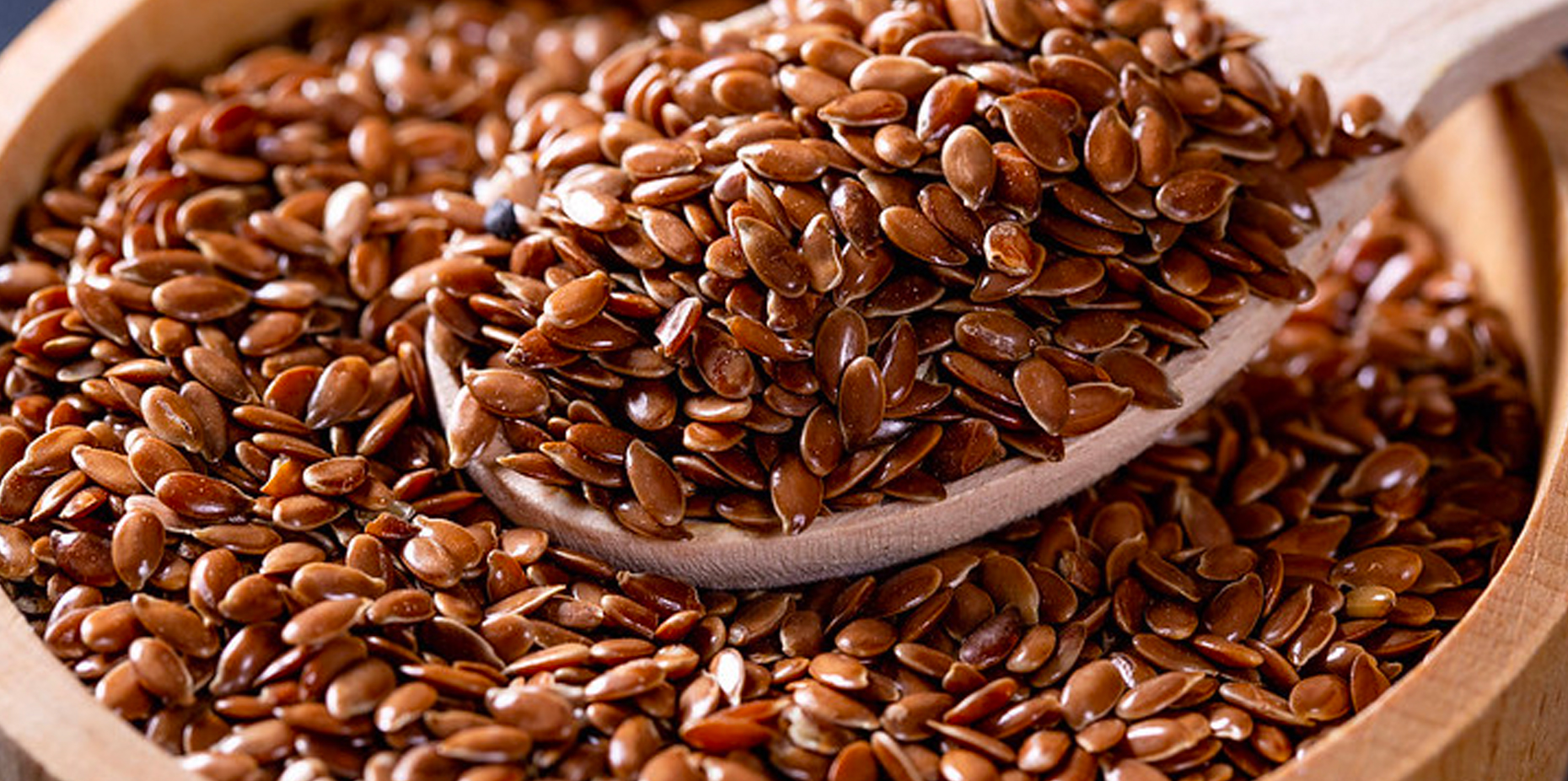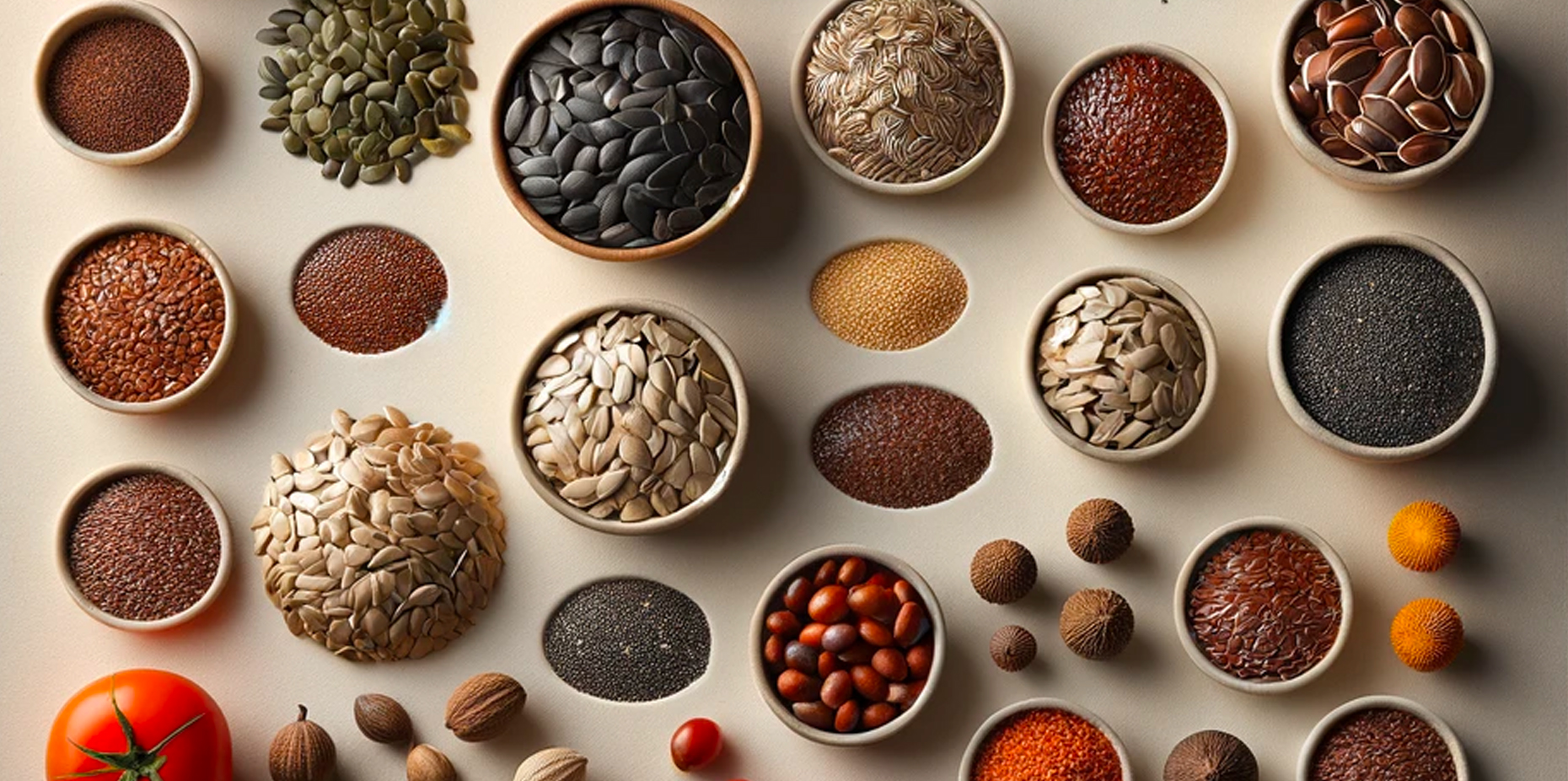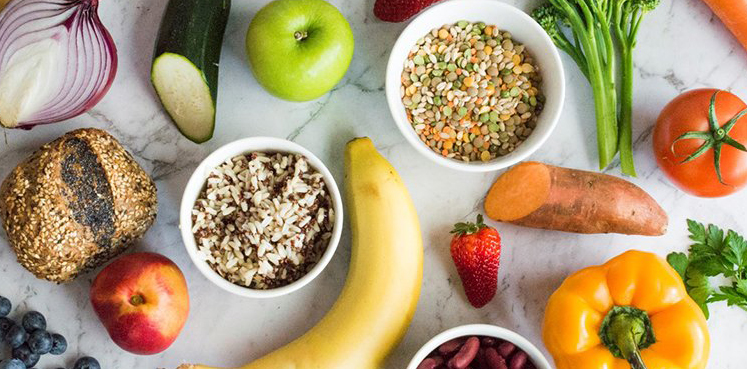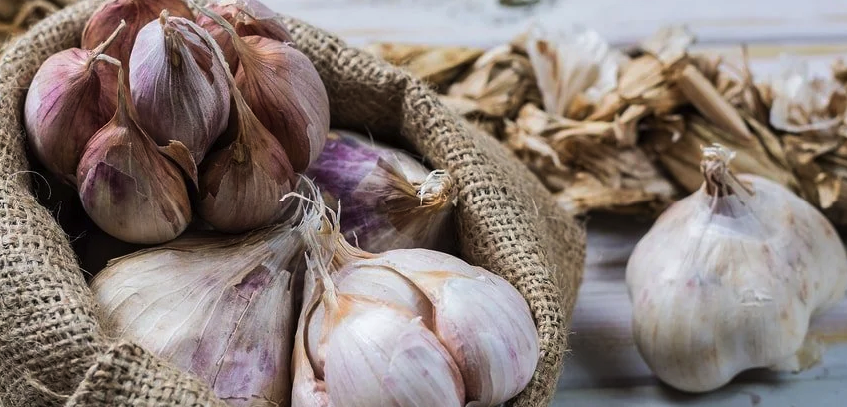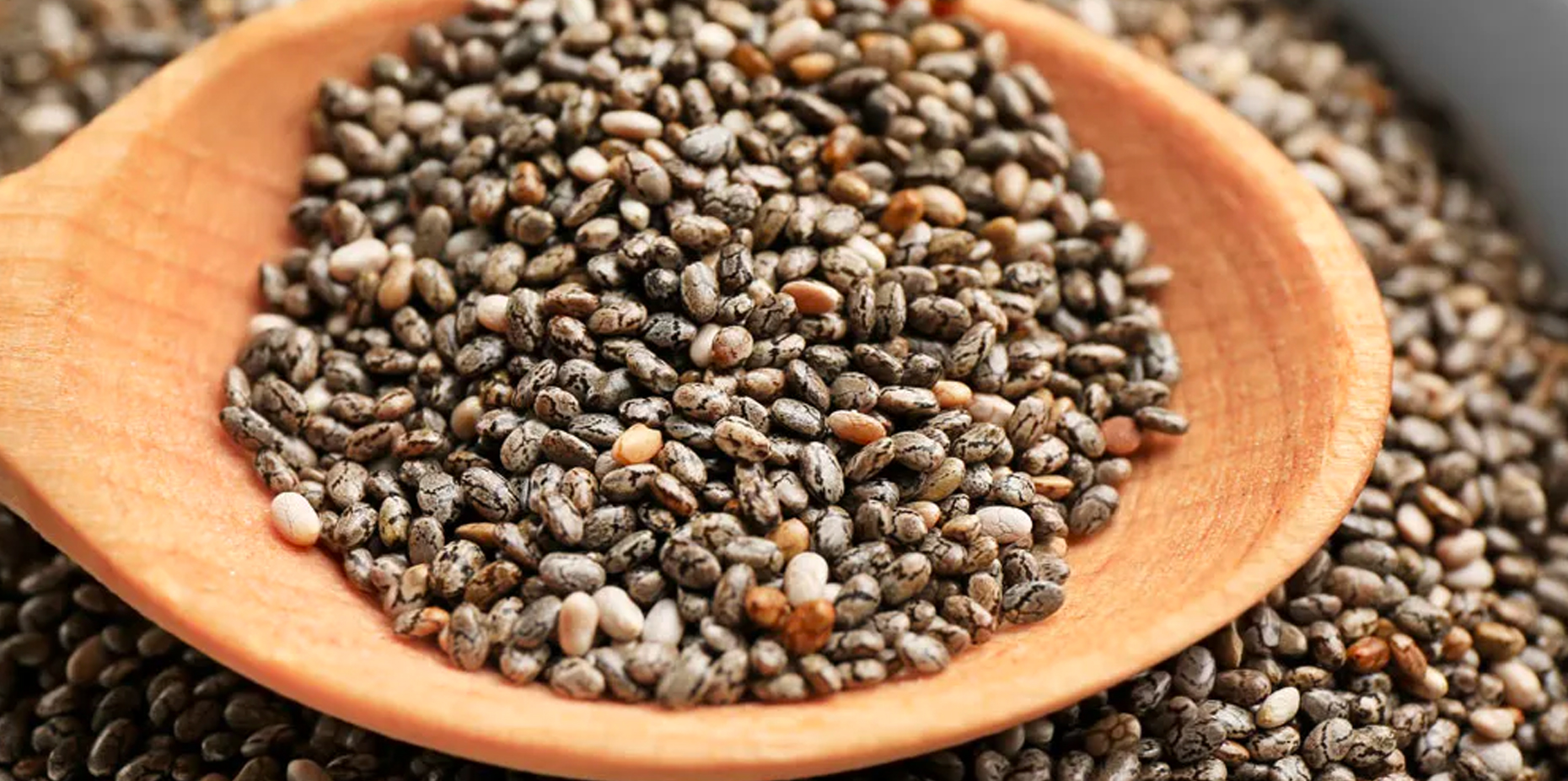Pumpkin seeds are a nutrient-rich, yet somewhat savory food that is often used in salads and desserts. Although not as popular in the United States as other seeds such as sesame or poppy, pumpkin seeds have a range of health benefits.
These nutritious little guys are a great source of protein and fiber (1). They’re also low in calories and fat and they have a ton of wellness-promoting nutrients.
Table of Contents
Pumpkin Seed Benefits
Pumpkin seeds are rich in nutrients and minerals that are essential for good health. They are a rich source of protein, fiber, iron and zinc (2). They are now being hailed as one of the top superfoods for optimal health and wellness. Here is everything you need to know about these powerhouses from nature!
1. Lowers cholesterol levels
Cholesterol is a waxy substance that circulates in your blood. It is essential for normal body function because your body uses it to make hormones and build cell walls. However, too much cholesterol can cause hardening of the arteries and lead to heart attack or stroke.
A diet high in saturated fats raises blood cholesterol levels by increasing the amount of bad cholesterol that floats around in your bloodstream. High-fat foods include red meat, poultry skin, and full-fat dairy products such as cheese and butter. Eating a diet in moderation of saturated fats can help lower LDL cholesterol levels by decreasing their production by the liver.
According to research, pumpkin seeds have a high vitamin E content that helps prevent the oxidation of LDL cholesterol. Oxidation of bad cholesterol is one of the main factors that cause buildup in the arteries and heart disease (3).
Pumpkin seeds are also rich in fiber and magnesium, which can help prevent constipation and other digestive problems associated with high cholesterol (4).
The benefits of pumpkin seeds also come from their high content of unsaturated fatty acids, fiber, and phytoestrogens. Phytoestrogens are compounds found in plants that mimic estrogen (5). In this case, phytoestrogens found in pumpkin seeds may help reduce LDL cholesterol levels in the bloodstream. In fact, eating pumpkin seeds can reduce bad cholesterol levels by up to 25 percent.
Summary:Pumpkin seeds are rich in vitamin E, fiber, and magnesium which may help lower cholesterol levels.
2. Improves sleep
Pumpkin seeds are a great source of zinc, which is essential for healthy sleep. Zinc deficiency can cause insomnia and poor-quality sleep (6). A serving of pumpkin seeds provides over 100% of the daily value. The body needs zinc to produce melatonin, the hormone responsible for regulating your sleep cycle.
Pumpkin seeds also contain tryptophan, which is an essential amino acid that helps produce serotonin in the brain. Tryptophan is an essential amino acid, which means that our bodies can’t produce it, so we must get it from our diets. It plays a key role in the synthesis of proteins and hormones in the body, including melatonin, serotonin, and niacin which are all helpful for sleep.
Summary:The zinc and tryptophan in pumpkin seeds can help promote healthy sleep by assisting with melatonin and serotonin production in the brain.
3. Helps with weight loss
It’s easy to see why pumpkin seeds are a popular snack. They’re high in protein, fiber, and vitamins, and they taste great. But did you know they can also help with weight loss?
Pumpkin seeds are packed with nutrients that help your body burn fat. They’re full of monounsaturated fats, which aid in the breakdown of fat cells and increase the amount of energy your body burns throughout the day (7). So, if you’re trying to lose weight, pumpkin seeds can be a healthy addition to your diet.
The fiber content of pumpkin seeds makes them especially useful for digestive health (8). This is because they can help prevent constipation and promote regular bowel movements by bulking up stool and moving it through the intestines faster (9).
In addition, pumpkin seeds contain more protein than other seeds like flax and sesame seeds. The high protein content helps to stabilize blood sugar levels and reduce appetite. Pumpkin seeds are also rich in omega-3 fatty acids and magnesium, which may help prevent heart disease and diabetes (10).
Summary:Pumpkin seeds are high in protein, fiber, and healthy fats, all of which can help promote satiety, therefore reducing appetite and being a potential proponent of weight loss.
4. Good for heart health
Pumpkin seeds are rich in phytosterols, which are essential for maintaining heart health (11). In fact, a recent study published in Nutrition Research found that eating about a handful of pumpkin seeds daily can reduce the risk of heart disease by up to 35%.
In one study with rats, pumpkin seed oil reduced blood pressure and prevented damage to blood vessels. Another study found that people who ate pumpkin seeds had lower levels of bad cholesterol compared to those who did not eat them.
In addition, pumpkin seeds may also help prevent blood clots from forming in your arteries. Phytosterols can reduce blood clotting by inhibiting platelet aggregation, which is an important step in preventing heart attack or stroke from occurring in the first place.
Pumpkin seeds also contain nitric oxide (12). In the body, nitric oxide plays an important role in the process of blood vessel dilation. This means that it helps expand the blood vessels so they can hold more blood. When you have a cut on your finger, for example, nitric oxide causes the blood vessels in that area to dilate so that more blood flows to the wound area and helps heal it faster.
Summary:The phytosterols and nitric oxide in pumpkin seeds can help reduce risk of blood clots and blood pressure and may help reduce the risk of heart disease.
5. Lowers blood sugar levels
Pumpkin seeds are a great source of magnesium and potassium which help lower blood sugar levels (13). Magnesium supports normal blood pressure and helps relax muscles, while potassium helps regulate the body’s fluid balance (14).
Pumpkin seeds are also rich in several essential fatty acids, including oleic acid, linoleic acid, and alpha-linolenic acid. These fatty acids help to lower blood sugar levels by decreasing the production of insulin in your body.
Consuming pumpkin seeds may even ease symptoms of diabetes (15). However, people with diabetes should be aware that consuming too many pumpkin seeds may cause their blood sugar levels to drop suddenly, which may be dangerous.
Summary:Pumpkin seeds contain magnesium and potassium, among other nutrients, that may help lower blood sugar levels and decrease symptoms of diabetes.
6. Helps with bladder health
Pumpkin seeds are a rich source of vitamin E, which helps speed up the healing process and prevents bruising and scarring (16). These seeds help to improve bladder health because they contain beta-sitosterol, which has been found to reduce symptoms of BPH such as frequent urination and nighttime urination.
In addition to beta-sitosterol, pumpkin seeds also contain phytosterols that help protect against urinary tract infections. Pumpkin seed oil is particularly effective against UTIs because it contains cinnamic acid, which has been shown to inhibit bacterial growth in the body (17).
Some studies suggest that pumpkin seeds may even help to prevent kidney stones (18). In one study, participants who ate pumpkin seeds regularly had fewer stones than those who didn’t eat them.
They are also high in zinc, which is important for prostate health. Zinc plays an important role in the prevention of prostate enlargement, especially in older men (19). If you’re not getting enough zinc in your diet, pumpkin seeds can help you get what you need.
Summary:Several of the nutrients in pumpkin seeds have been noted to help protect against urinary tract infections, preventing kidney stones, and promoting prostate health, all important for bladder health overall.
7. Maintain strong bones
Pumpkin seeds are a great source of magnesium, which is essential for strong bones (20). Magnesium is one of the most important minerals in the body. It is required for more than 300 biochemical reactions, including synthesizing proteins, activating vitamins, and producing hydrochloric acid in the stomach.
Magnesium helps your body absorb calcium and phosphorus and it also aids in the production of serotonin. It also helps regulate blood pressure, prevents cardiovascular disease, and reduces stress-related symptoms like anxiety and insomnia (21).
Summary:The magnesium in pumpkin seeds is one of the most important minerals in the body that helps the body absorb calcium and phosphorus and is essential for strong bones.
8. Eases menopause discomfort
Menopause is a time of change and transition, but it doesn’t have to be a time of discomfort. Pumpkin seeds can ease the symptoms many women experience during this time. These small seeds are packed with nutrients that help to balance hormones and reduce hot flashes and other symptoms associated with menopause.
The magnesium found in pumpkin seeds helps to regulate blood pressure and heart rate. Magnesium also helps your muscles relax, which can relieve tension in your body and reduce anxiety. Magnesium is also known for its ability to reduce menstrual cramps.
Zinc is another nutrient abundant in pumpkin seeds, which is essential for helping your body absorb other nutrients such as calcium and iron. Zinc also maintains healthy skin tissue, which can help prevent dryness, itching, and rashes associated with menopause.
Pumpkin seeds contain phytoestrogens called lignans that mimic estrogen in the body without producing negative side effects like an increased risk of cancer or heart disease (22). Lignans also have antioxidant properties that help fight free radical damage caused by stress on the body during menopause.
Summary:Consuming pumpkin seeds may help ease menopause discomfort because of the nutrients in them that can help with balancing hormones.
9. Reduce the risk of cancers
Pumpkin seeds can help reduce the risk of cancers, especially colon cancer (23). They contain anti-inflammatory compounds called cucurbitacins that help prevent colorectal cancer.
The zinc in pumpkin seeds can help fight cancer because it boosts the immune system, preventing cells from becoming malignant. Zinc has been shown to reduce the risk of prostate cancer and ovarian cancer. It also helps inhibit the growth of cancer cells in breast cancer patients.
The antioxidant properties found in pumpkin seeds make them beneficial for fighting against free radicals that damage cells and cause disease-causing mutations in DNA.
Summary:Cucurbitacins, zinc, and antioxidants in pumpkin seeds have all been found to reduce risk of cancers like prostate, ovarian, and colon cancer.
Conclusion
Pumpkin seeds can be eaten raw or roasted, however, roasting them will help enhance their nutritional value and bring out their nutty flavor.
If you choose to eat pumpkin seeds, consume them in moderation. While they do provide many health benefits, they shouldn’t be eaten in excess. They can, however, be one of many nutritious and healthy food items incorporated into a balanced diet.
Whether eaten alone or garnished on a salad or hummus, pumpkin seeds can be an easy way to boost health. They’re also an easy way to add some variety to a healthy diet, and they may even offer some notable benefits to the skin, and hair, and even prevent disease. That’s a lot from just one little seed!




